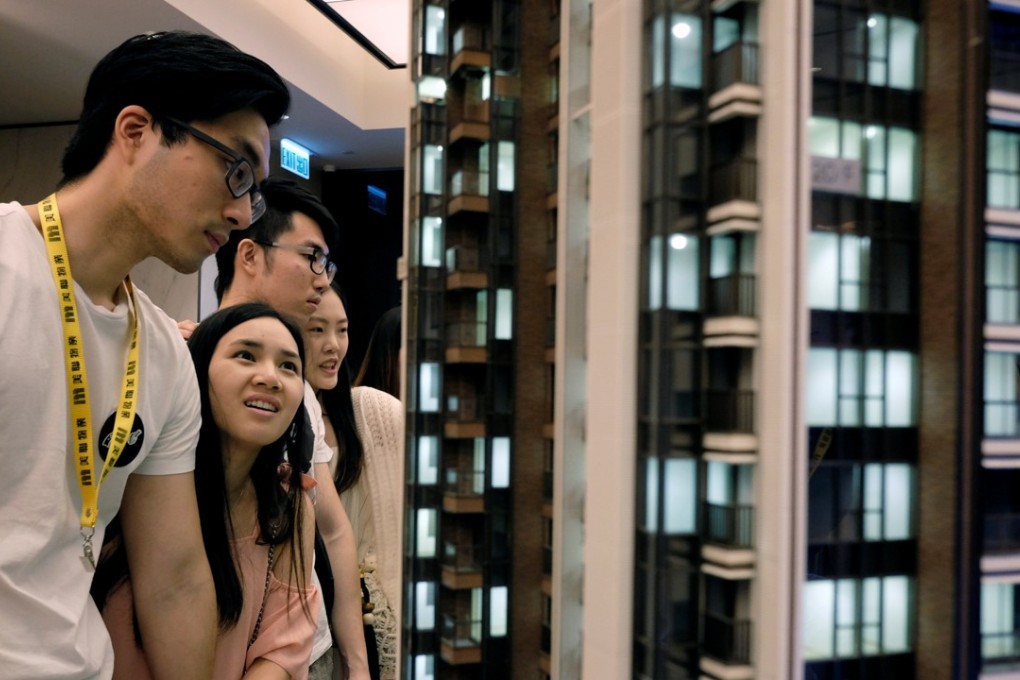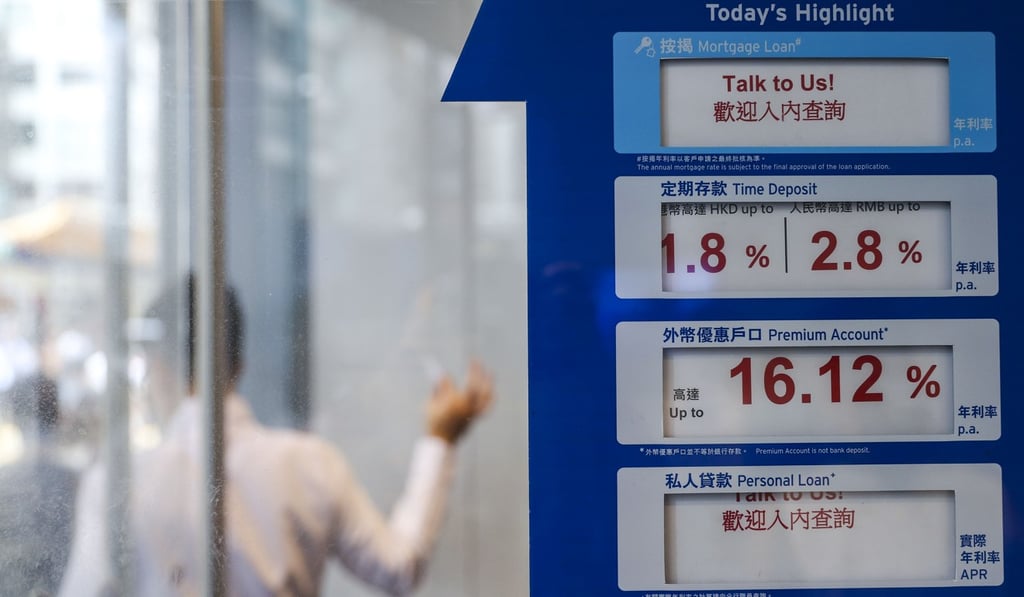Abacus | Don't be put off by a softening property market - Hong Kong can handle it
The recent slide in the city’s shares was tinged with the fear that local home prices may fall too. But while residential property is not as attractive an investment as it used to be, an economic slump isn’t on the cards

We’ve all heard the stories. Attending a new property launch, eager young hopefuls without enough cash for the 40 per cent down payment for a standard bank mortgage find themselves the targets of a hard sell. Do not worry about banks’ prudential limits on leverage, they are told by sales agents – the developer’s finance company will sort them out with a mortgage for 90 per cent of their apartment’s value. And the interest rate will be at a competitive discount to the prime rate, locked in for two or even three years, so they pay only around 2.25 per cent interest – no more than an ordinary buyer.
It is an attractive-sounding deal. Sure, after two years the interest rate resets to a small premium over the prime lending rate. At most Hong Kong banks, prime is currently 5.375 per cent, which means the reset would push up our typical borrower’s monthly interest payments from a little less than 50 per cent of household income to a little more than 100 per cent. But, explains the sales agent, that is not a problem. With interest rates low and property prices rising at 10 per cent a year, buyers can be confident of either refinancing at an advantageous rate or selling at a handsome profit before the reset kicks in.
Except such confidence is looking more and more misplaced. For a long time, Hong Kong mortgage rates remained low, even though the United States Federal Reserve was raising its own benchmark rates, because local banks capped their home loan rates at a discount to their prime rate. However, in September when the Fed raised US interest rates, Hong Kong banks raised their prime lending rates for the first time since 2006.

As a result, buyers can no longer be so sure that property prices will continue to rise as they have over the past 10 years. Yes, the market is still underpinned by robust demand. But with mortgage rates now exceeding rental yields on all but the tiniest flats, and the government promising to ramp up supply, Hong Kong residential property is not as attractive an investment as it was a few years ago.
That has left prices looking top-heavy, with many observers believing that recent reductions in developers’ asking prices and the 1.7 per cent dip in secondary market prices over the past couple of months are just a foretaste of a steeper slide to come.

